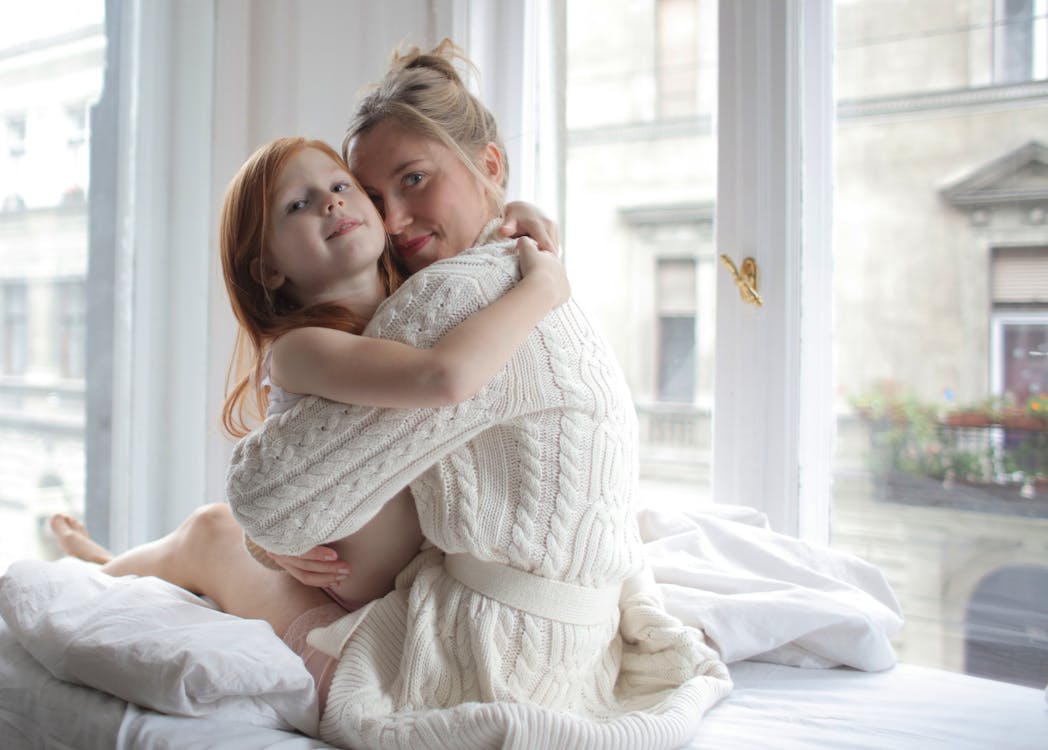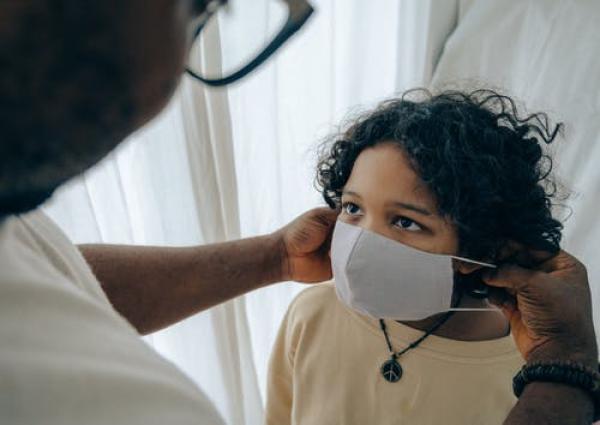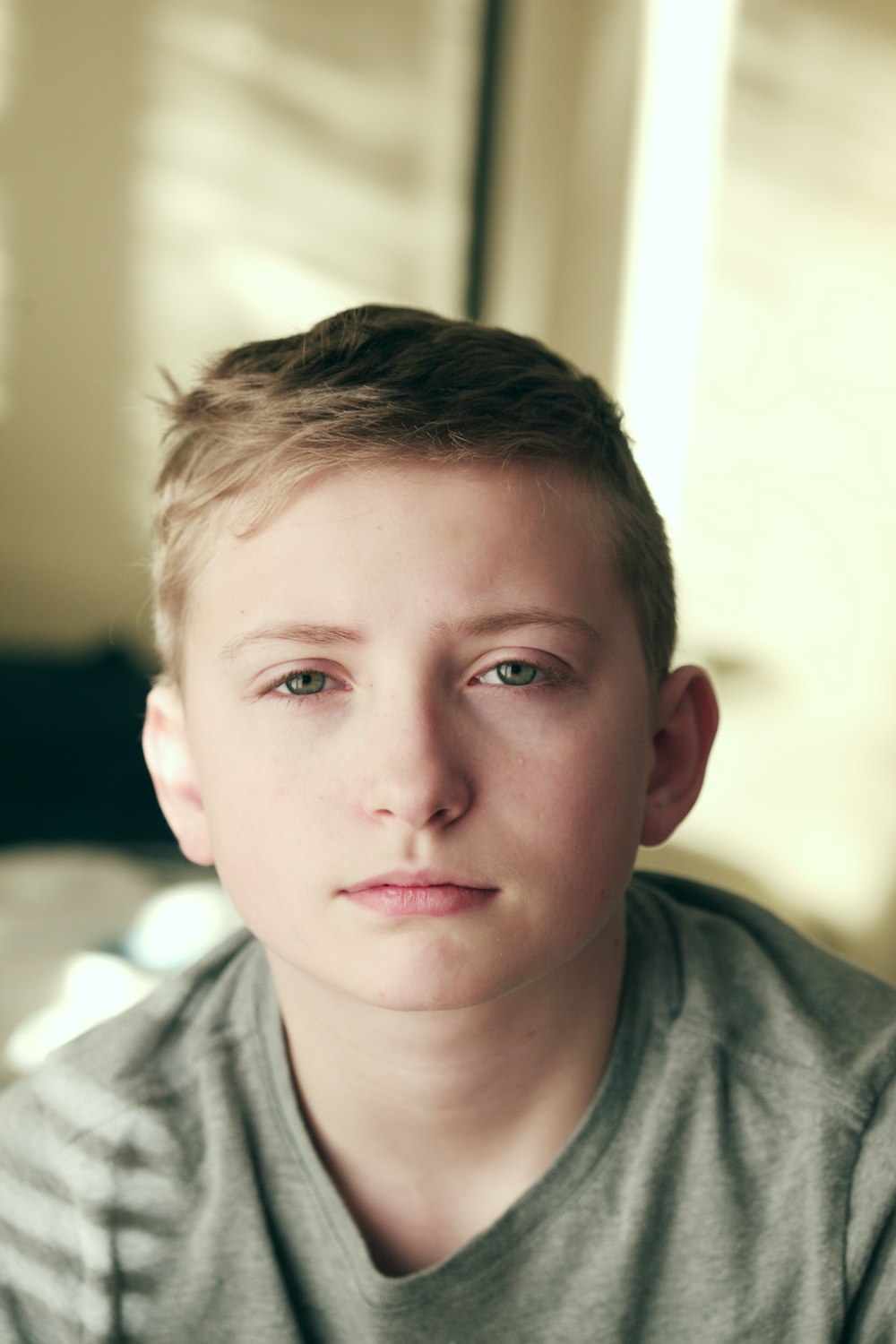The Children’s Commissioner’s report about how lockdown has affected children of the UK held some surprising statistics and findings when it was released post lockdown #1 this September. Their study looked at 2,000 young people aged 8 to 17 in the UK and compared their answers to mental-health related questions from March to June.
Many were surprised at the time at how stress levels seemed to actually drop for many cohorts of children as lockdown went on. Children who answered that they felt stressed ‘Some of the time’ went from 47% in March to 34% in June. And children who answered that they were ‘rarely or never stressed’ made a huge jump from 23% in March to 42% in June.

There was lots of speculation around these figures, seeing how, in a time that has the entire world stressed out, children seemed to be almost thriving. Some researchers believe that because school, bullying and large crowds were frequently cited as sources of anxiety in March, feelings of stress dropped off when schools closed. Further research to support that hypothesis comes in the children’s answers in June about sources of stress, which all almost exclusively centred around coronavirus. The reduction is stress is theorised to be a result of lockdown becoming ‘normalised’.
The Commissioner notes however that children in the persistent stress bracket did not experience much change in the situation, their rates remaining a steady 22-24%.
When quizzed about what factors in particular were worrying them, the top issues were:
- Schoolwork and exams
- Feeling trapped
- Risk of developing serious illness or passing it on
- Being unable to do sports or physical exercise
- Feeling isolated/ not being able to see friends and relatives

But the results above are all taken within the first three to four months of the pandemic and also during the summer when school was finishing up, the weather allowed for more meeting up of friends and we had no idea of the further lockdowns to come.
Lockdown fatigue is now a major problem facing not only adults but also children, with some class groups still not returned to school despite having not had an in-person class since December. The situation has changed and yet support for young people has not. There is a need for further mental health resources to be available to young people struggling, and yet health services are overwhelmed with the current demand. Some children in the report disclosed their wishes to go seek help with the school counsellor, but reported massive waiting lists and times.
Young Minds, a help centre for parents looking for information about how to support children’s mental health, released a list of ways to be there for your child in this difficult time.
Talk with them about what’s going on, keeping communication as open as you can.
It’s essential to keep the lines of communication open right now. Even if you feel you’re struggling too, use that struggle to relate to your child and the things you’re both going through. If you know what they’re minds are preoccupied with, you can help as much as possible.
Try to answer your child's questions and reassure them in an age appropriate manner.
It can get very overwhelming some days, with bad news constantly rolling in, the pressures of having to adapt to this isolating and virtual life and lack of our usual social outlets making everything seem harder than ever. Try to listen to their fears without dismissing them, instead reassuring them that this will pass.

Encourage your child to do the things that help them when they’re finding things difficult.
It’s important to disengage from the news and schoolwork for a while too. Make sure that their downtime is actually downtime and not just social media scrolling. It’s harder to do some of the things we love now, like team sports or meeting up with friends, but there are versions of these things that are achievable now. Distanced walks with friends, recruiting siblings to learn how to play their sport in the garden. Plus there’s always room to pick up a new hobby – art, reading, yoga, baking – whatever takes their fancy.
Reassure them this will pass, you’re there for them, and you will get through this together.
This can feel never-ending for everyone, never mind just kids. But it’s important to remember it won’t be like this forever. Acknowledge that it may seem endless and hopeless some days, but try seeking out good news stories, about vaccines, other countries returning to normal life to put things in perspective. Change and improvement is possible.

Spend time doing a positive activity together.
Too much of our lives are solitary these days. We work alone, we go for our walks alone, even when we speak to friends virtually, we can still feel alone without their presence physically there. Going for walks together, or playing a board game or even just cooking dinner together can give them the space to talk to you about things that may be on their mind without it being a formal serious discussion. It keeps the lines of communication open.
Keep as many regular routines going as possible to help your child feel safe and secure.
This was one of the major learning curves at the start of lockdown for lots of us. The novelty of working and learning form home meant that everyone’s routine went all over the place, loungewear sales rocketed, takeaways were doing business like never before – everything went entirely up in the air. This didn’t help the fact that the world was entirely out of kilter too. But soon we realised that routine is essential to keeping sane, especially for kids. It’s important to stick to it even after this big long haul through lockdown after lockdown, difficult though it may seem. It will keep you both grounded and able to carry on.








